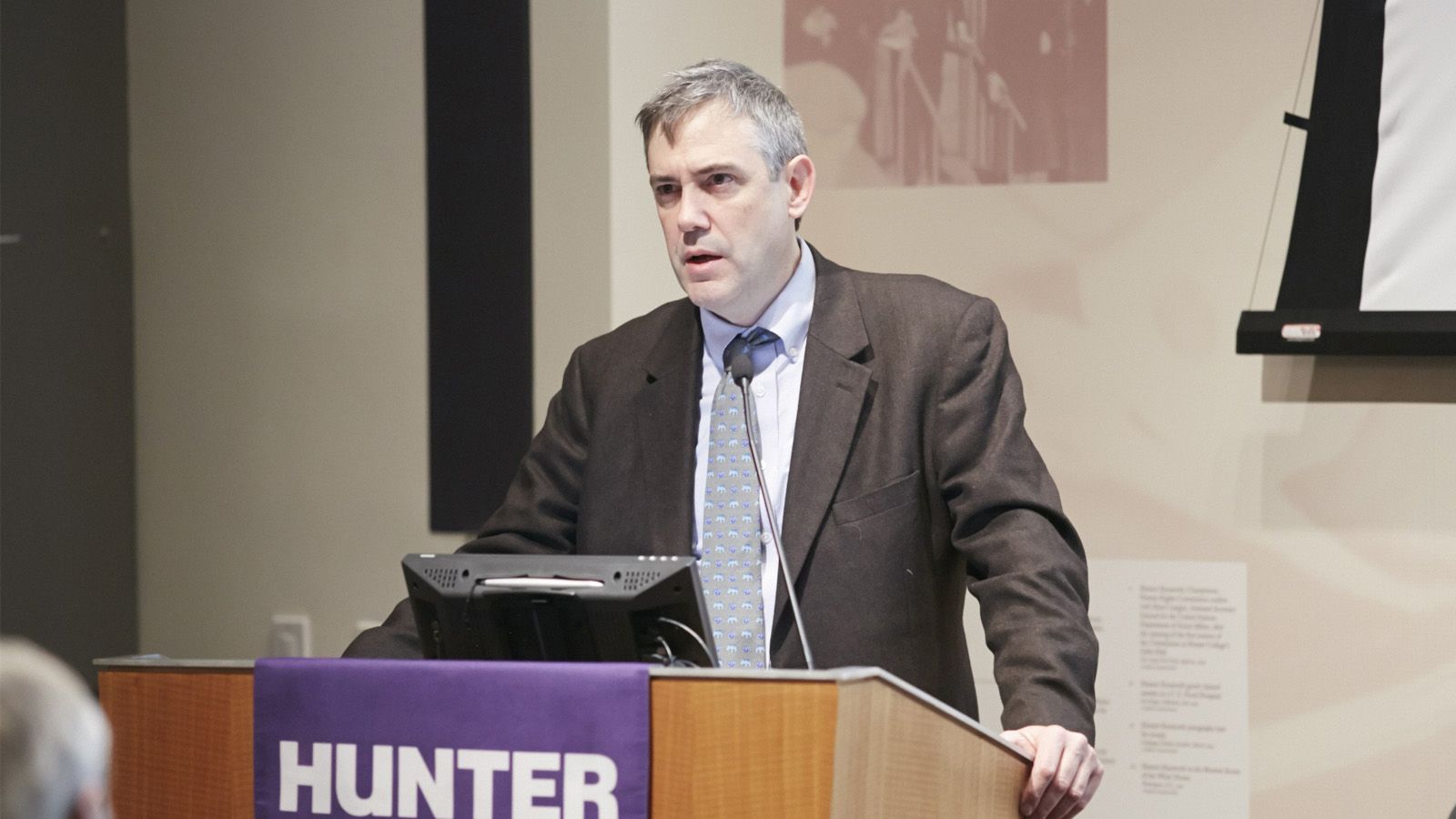A Hunter College researcher has received a three-year, $500,000 grant from the federal government to improve flood resilience in vulnerable communities.
Professor of Geography and Environmental Science William Solecki is the principal investigator on the Climate Program Office grant, which is funded with money from the Bipartisan Infrastructure Law.
The project will review flood-resilience projects in five coastal cities – three in the Northeast and two in Miami-Dade County -- for how they incorporate equity and communal engagement into infrastructure decision-making. The goal is to create a model for community engagement that improves the effectiveness and equity of the projects, enhances community trust and involvement, and leads to more sustainable and socially just outcomes.
“Urban areas up and down the East Coast have built flood-resilience infrastructure during the past decade,” Solecki said. “The projects, however, often lack effective, meaningful engagement with the communities most affected by climate impacts, leading to criticism and reducing their effectiveness. By focusing on underserved communities, our project addresses a critical gap in resilience planning.”
Two teams will collaborate on the project: The team in New York and New Jersey comprises Solecki and Jeanne Herb of Hunter, Malgosia Madajewicz of Columbia University, Franco Mantalto of Drexel University, and Katherine Cann and Robin Leichenko of Rutgers University. The team in Florida comprises Jessica Bolson, Amy Clement, and Katharine Mach of the University of Miami; and Tiffany Troxler of Florida International University.
Solecki, a coauthor of the seminal 2018 report by the United Nations Intergovernmental Panel on Climate Change, is the founding director of the Center for Sustainable Cities at Hunter College and one of the world’s foremost experts on urban environmental change.


